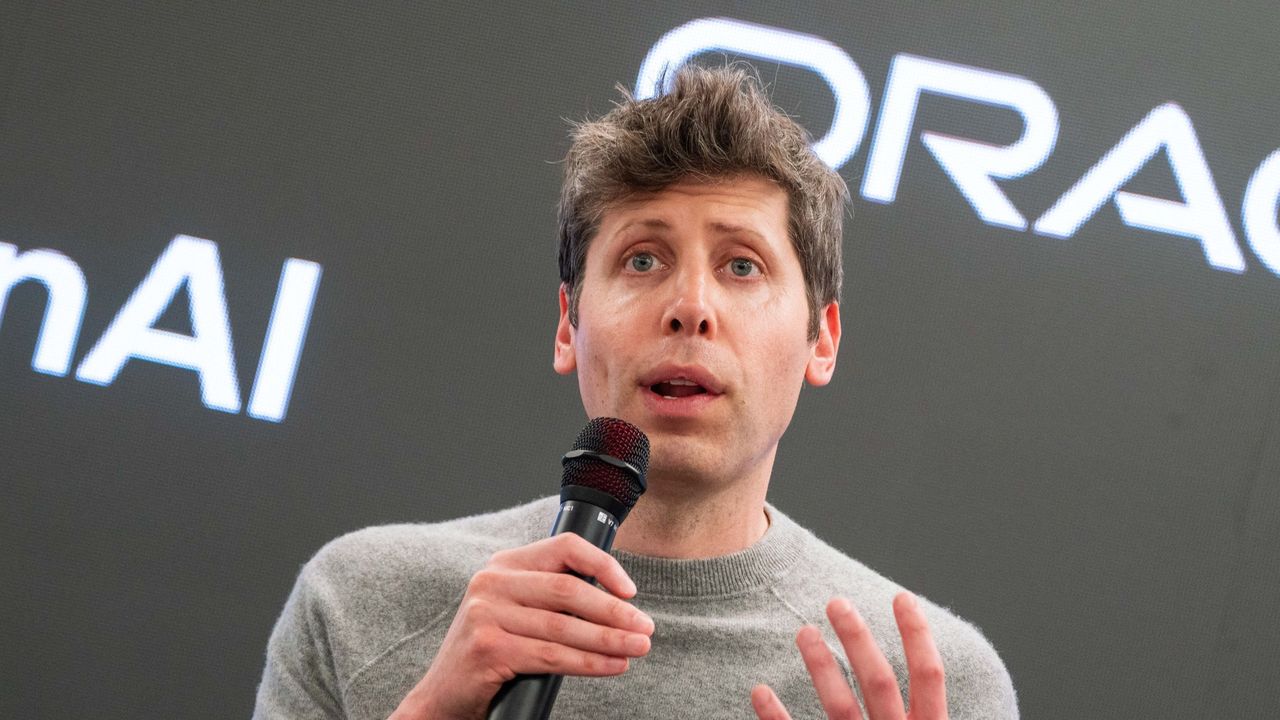
Microsoft has invested billions in OpenAI, but this decision is facing criticism. Some experts worry the current excitement around AI might be temporary, like a bubble. Investors are also hesitant, as it’s unclear how the partnership will generate significant profits.
A recent financial report from Microsoft suggests OpenAI may have lost $11.5 billion while pursuing advancements in artificial intelligence. It’s currently unknown if OpenAI is profitable based on the revenue from its ChatGPT and other large language model access fees.
Even though some, including Microsoft co-founder Bill Gates, questioned the wisdom of investing in OpenAI – with Gates famously comparing it to burning billions of dollars – Satya Nadella decided to proceed. The partnership between Microsoft and OpenAI, which has become a remarkably close relationship, hasn’t always been smooth sailing. There was significant friction, particularly when OpenAI considered becoming a for-profit company to protect itself from being bought out or controlled by others.
Recently, the companies reaffirmed their commitment with a revised agreement. This new agreement states that OpenAI can only announce the achievement of Artificial General Intelligence (AGI) after it’s been confirmed by an independent group of experts.
OpenAI CEO Sam Altman recently explained that Microsoft’s early investment was key to the company’s success in the rapidly changing world of artificial intelligence, calling the collaboration “one of the great tech partnerships ever” (according to Benzinga).
We wouldn’t have been able to achieve this without Microsoft, especially Satya’s early belief in the project. Considering the circumstances at the time, I doubt many others would have been willing to take such a risk.
OpenAI CEO, Sam Altman
Sam Altman shared that OpenAI started with a lot of uncertainty, admitting they weren’t sure how the technology would develop. He explained, “We were really confident in the potential of deep learning, and believed that if we focused on that, we could build great products and deliver real value.”
Bill Gates isn’t alone in questioning the Microsoft-OpenAI partnership. When OpenAI released GPT-5, Tesla CEO Elon Musk predicted that OpenAI would ultimately overpower Microsoft, continuing his ongoing rivalry with OpenAI’s Sam Altman and Microsoft itself.
Even Salesforce’s CEO, Marc Benioff, thought Microsoft would stop using OpenAI’s technology. This prediction came after Microsoft revealed its $500 billion Stargate project – a large-scale effort to build data centers throughout the US – which meant Microsoft was no longer the sole provider of cloud services.
It will be fascinating to observe how the partnership evolves, particularly now that the new agreement is in place.
FAQ
Is Microsoft severing its ties from OpenAI?
Even though investors are worried about Microsoft spending billions on OpenAI, the two companies are strengthening their partnership. They’ve signed a new agreement that details how they’ll work together, and it includes a clause stating that OpenAI can only announce the achievement of Artificial General Intelligence (AGI) if it’s first confirmed by a group of independent experts.
How much has Microsoft invest in OpenAI so far?
Even though Bill Gates, Microsoft’s co-founder, wasn’t initially enthusiastic, the company, led by Satya Nadella, first put $1 billion into OpenAI, the creator of ChatGPT. That investment has since grown to $13 billion, and Microsoft credits its recent positive results and increased revenue to its focus on and use of artificial intelligence throughout its products and services.
Is Microsoft just an “OpenAI reseller”?
Microsoft’s artificial intelligence work has faced significant criticism, particularly from Salesforce CEO Marc Benioff. He’s suggested Microsoft is simply reselling OpenAI’s technology, like repackaging it for use in Excel. Benioff has also dismissed Copilot, comparing it unfavorably to the old Microsoft Clippy and claiming it doesn’t offer much practical benefit.
Read More
- How to Get the Bloodfeather Set in Enshrouded
- Every Targaryen Death in Game of Thrones, House of the Dragon & AKOTSK, Ranked
- The Best Members of the Flash Family
- 4 TV Shows To Watch While You Wait for Wednesday Season 3
- Best Controller Settings for ARC Raiders
- The Pitt Season 2, Episode 7 Recap: Abbot’s Return To PTMC Shakes Things Up
- Duffer Brothers Discuss ‘Stranger Things’ Season 1 Vecna Theory
- Goat 2 Release Date Estimate, News & Updates
- Where Winds Meet: How To Defeat Shadow Puppeteer (Boss Guide)
- 10 Best Superhero Movie Sequels Ranked
2025-11-03 15:10